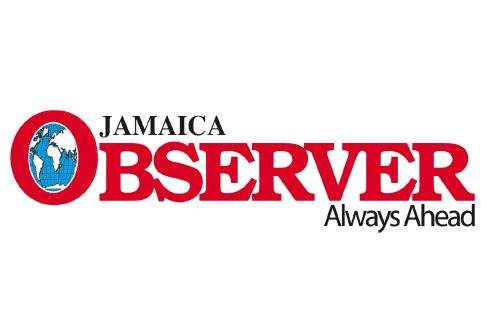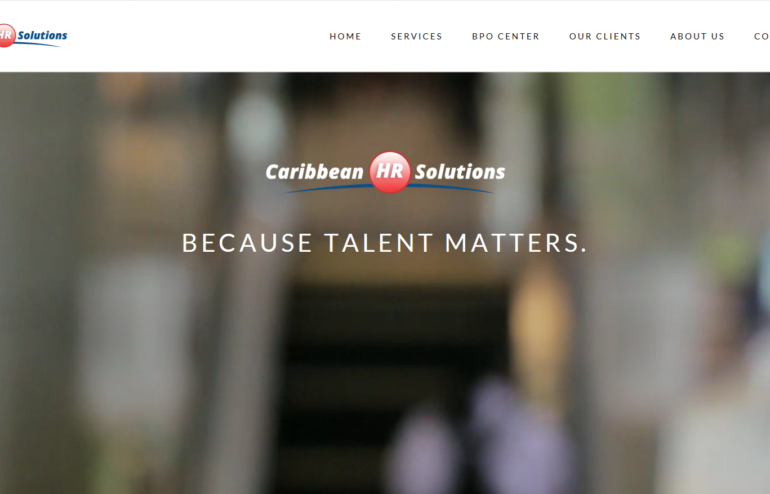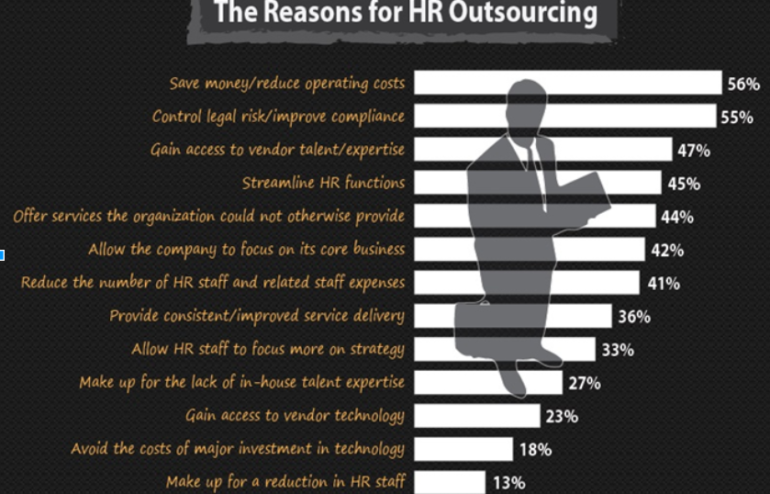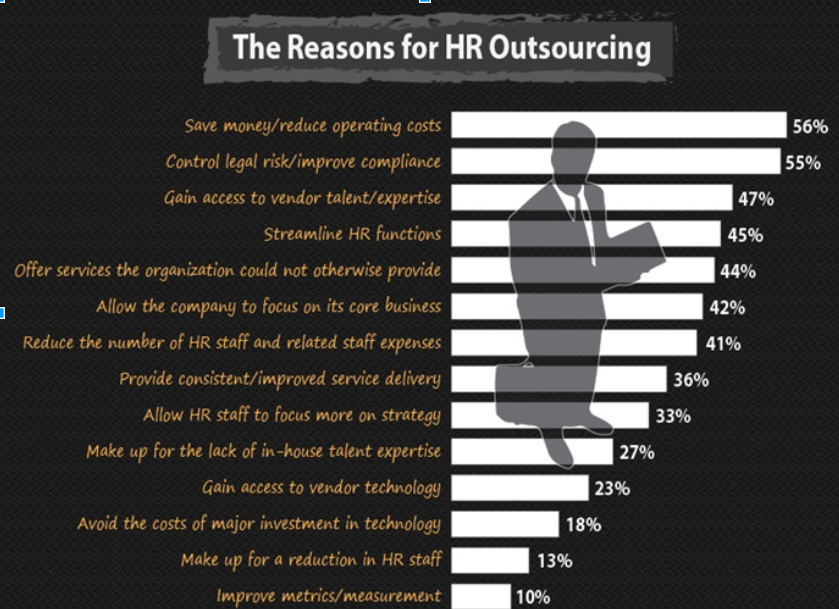Empowering Growth: Strategic Outsourcing to the Caribbean in 2024
In the dynamic landscape of 2024, businesses are incessantly seeking avenues for growth and customer base expansion. Amidst this pursuit, strategic outsourcing has emerged as a transformative strategy, particularly when considering the unique advantages presented by the Caribbean. This article explores in greater detail the intricacies of strategic outsourcing to the Caribbean and how businesses can derive unparalleled value by leveraging the skilled workforce and cost-effective environment in the region.
The Evolving Business Landscape of 2024
As businesses chart their growth trajectories in 2024, they encounter a myriad of challenges and opportunities. Central to their endeavors is the commitment to customer-centric strategies, digital transformation, and a keen focus on optimizing budgets for sustainable growth.
- Customer-Centric Excellence:
- In an era where customer loyalty is paramount, businesses are prioritizing strategies that enhance the customer experience. This includes personalized services, targeted marketing, and seamless interactions throughout the customer journey.
- Digital Transformation Imperative:
- The accelerating pace of digital transformation is reshaping business operations. From embracing e-commerce platforms to leveraging digital marketing tools, companies are investing in technologies to enhance customer engagement, streamline processes, and stay ahead in a digital-first marketplace.
- Strategic Budget Optimization:
- Maximizing the efficiency of budgets is crucial for companies aspiring to drive growth. The challenge lies in identifying areas where costs can be optimized without compromising quality, allowing organizations to reallocate resources strategically.
Strategic Outsourcing: A Catalyst for Growth and Efficiency
The Caribbean, with its skilled workforce, cultural alignment, and cost advantages, stands out as a strategic destination for outsourcing critical business elements. Here’s a closer look at how businesses can extract substantial value from strategic outsourcing to the Caribbean:
1. Outsourcing Business Critical Elements: Enhancing Efficiency and Focus
In the pursuit of growth, businesses can identify non-core functions that can be outsourced without compromising quality. Customer support, data entry, back-office operations, and IT services are prime candidates for outsourcing. By entrusting these critical elements to the Caribbean, companies can streamline operations and redirect internal resources toward core growth initiatives.
2. Access to Skilled Professionals: Unlocking Expertise at a Competitive Cost
The Caribbean boasts a growing pool of skilled professionals with expertise in various business functions. Outsourcing to the region allows businesses to tap into this talent pool at a fraction of the cost compared to in-house operations. This translates to significant cost savings without compromising on the caliber of work delivered.
3. Cost Efficiency without Compromising Quality: Achieving Tangible Savings
Leveraging the cost advantage of the Caribbean allows businesses to achieve substantial savings. The competitive cost of living in the region ensures cost-efficient outsourcing solutions, freeing up budget for strategic investments in growth initiatives. This approach is particularly valuable for businesses looking to maximize ROI and allocate resources judiciously.
4. Focus on Core Competencies: Channeling Resources Toward Growth Initiatives
Strategic outsourcing enables businesses to concentrate on core competencies – the areas that directly contribute to growth and innovation. By entrusting non-core functions to skilled professionals in the Caribbean, companies can align their efforts with strategic initiatives, propelling their competitive edge in the market.
5. Scalability and Flexibility: Adapting to Market Dynamics
The dynamic nature of business demands scalability. Outsourcing to the Caribbean provides businesses with the flexibility to scale operations up or down based on market demands. This adaptability ensures that companies only pay for the services they need, optimizing resource allocation and enhancing overall operational efficiency.
6. Cultural Alignment and Customer Engagement: Enhancing Connection with Target Audiences
The cultural alignment between the Caribbean and Western markets is a strategic advantage in customer-centric initiatives. Outsourced teams in the Caribbean possess an inherent understanding of the cultural nuances of Western audiences, facilitating effective communication and engagement. This alignment contributes to enhanced customer satisfaction and loyalty.
7. Technological Advancements: Staying Ahead with Cutting-Edge Solutions
The Caribbean is not just a hub for skilled professionals but also a region embracing technological advancements. Outsourcing critical elements to the Caribbean ensures that businesses benefit from the latest technologies and streamlined processes. This includes the use of sophisticated payroll software, data analytics tools, and other technological solutions, enhancing overall operational efficiency.
8. Risk Mitigation: Ensuring Compliance and Quality Standards
Strategic outsourcing serves as a robust risk mitigation strategy. Professionals in the Caribbean are well-versed in industry best practices, compliance standards, and quality assurance protocols. This expertise reduces the risk of errors and legal complications associated with certain business functions, providing businesses with peace of mind as they navigate complex regulatory landscapes.
9. Time Zone Advantage: Facilitating Real-Time Collaboration
The time zone advantage is a significant benefit when outsourcing to the Caribbean. Overlapping work hours with Western markets facilitate real-time collaboration and communication between onshore and offshore teams. This ensures seamless operations, efficient project management, and an enhanced collaborative environment.
10. Global Expansion Opportunities: Paving the Way for Market Penetration
Outsourcing to the Caribbean opens up opportunities for global expansion. With cultural affinity to Western markets, businesses can establish a presence in the Caribbean, paving the way for future growth and market penetration. This strategic expansion not only unlocks new customer segments but also positions businesses strategically in an increasingly interconnected global marketplace.
Conclusion: Navigating Growth with Strategic Outsourcing
In conclusion, strategic outsourcing to the Caribbean stands as a potent catalyst for businesses seeking to unlock growth potential, optimize budgets, and thrive in the competitive landscape of 2024. By strategically leveraging the advantages of the Caribbean region, businesses can derive unparalleled value, achieve significant cost savings, and propel their growth initiatives with newfound efficiency.
As businesses continue to navigate the complexities of a rapidly evolving business environment, the synergy between strategic outsourcing and the capabilities of the Caribbean’s skilled workforce becomes a decisive factor. This collaborative approach empowers businesses to not only weather challenges but to emerge stronger, more efficient, and better poised for sustained growth in the years to come.














